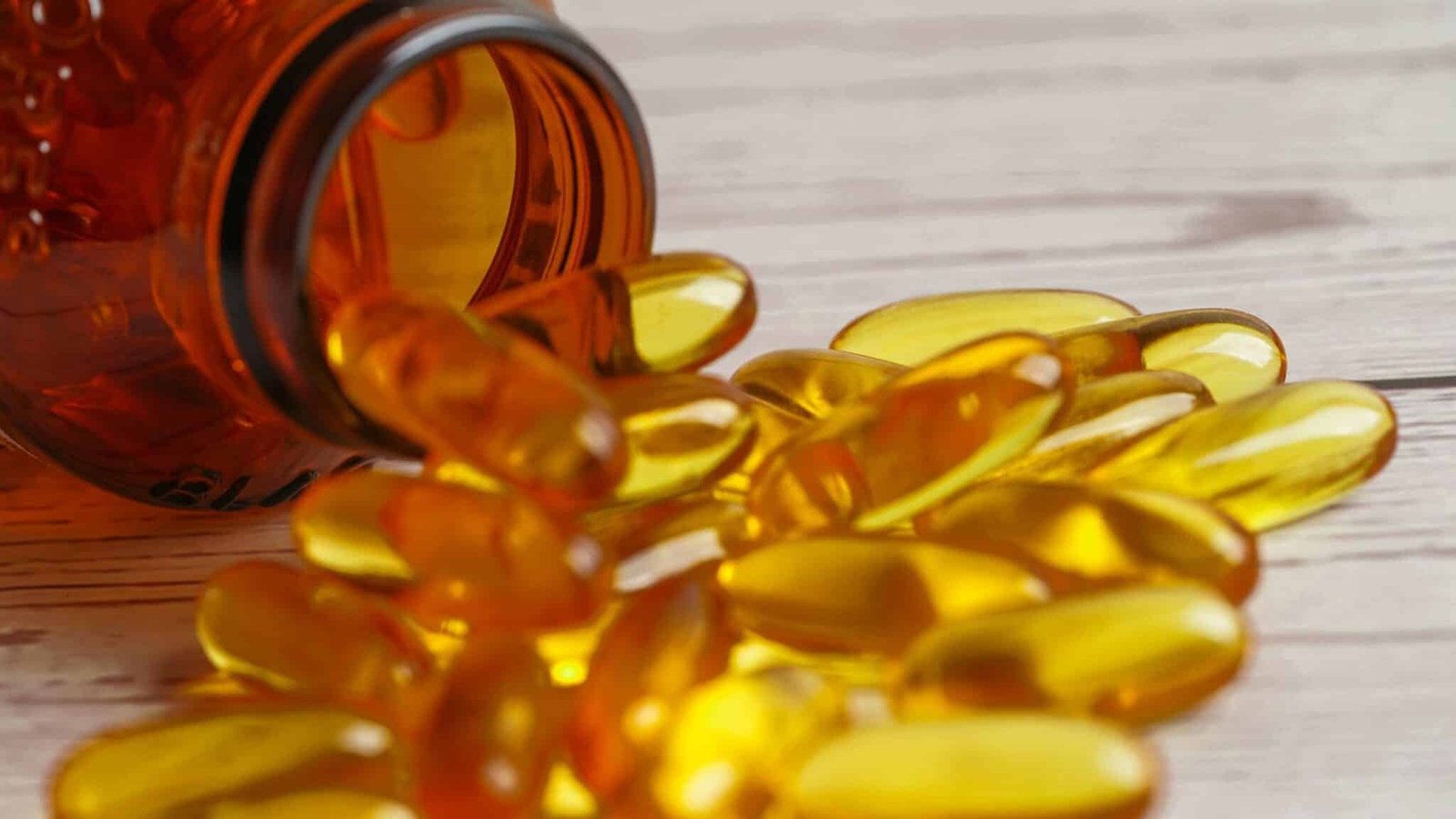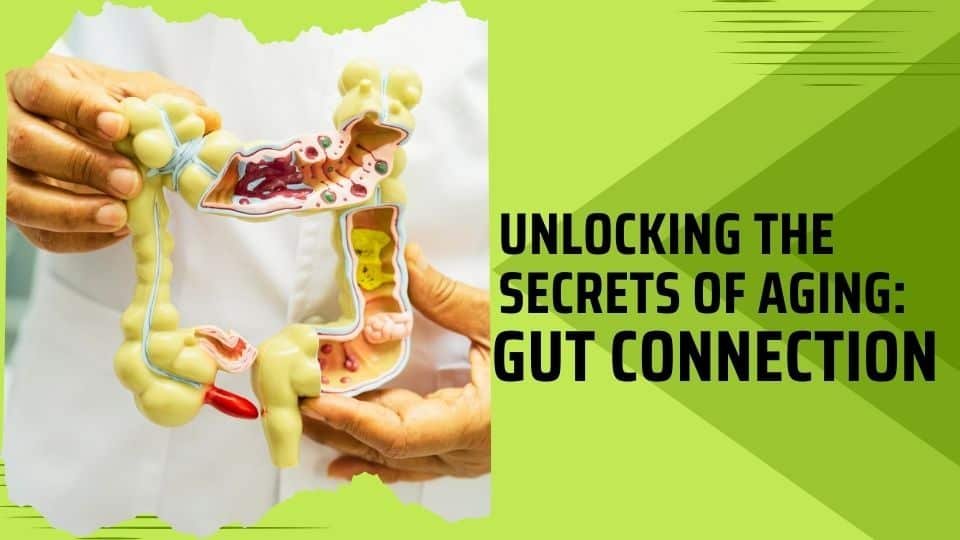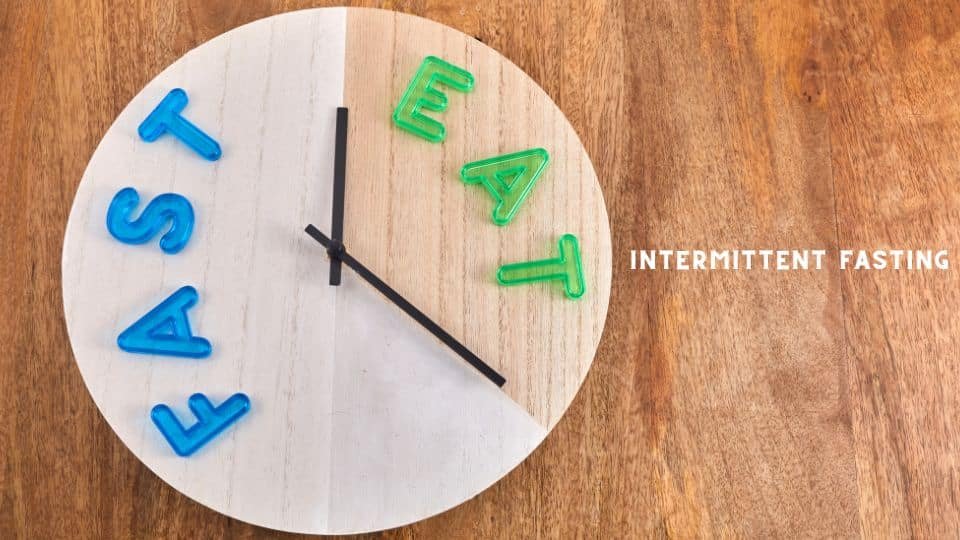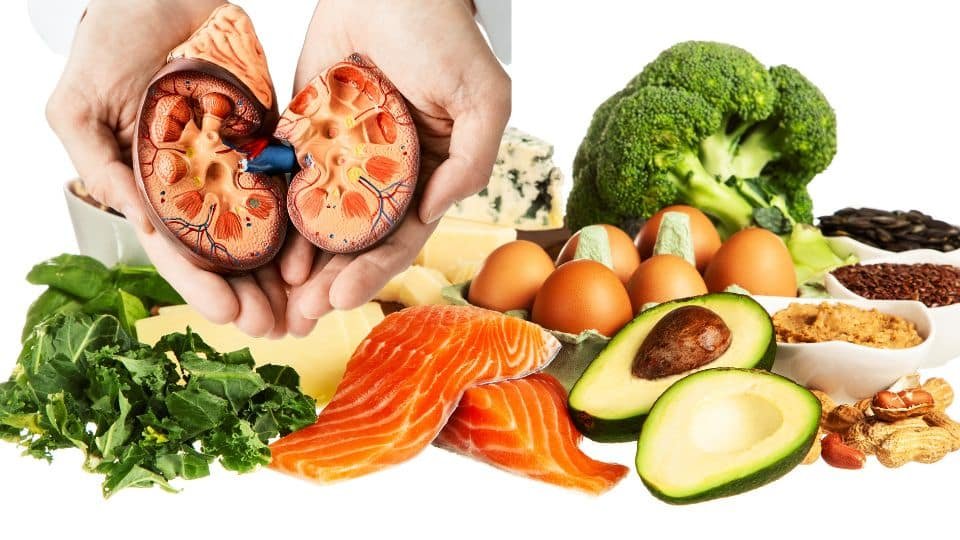Omega-3 lipid! Welcome! Today, we have some incredible developments to share with you regarding kidney health. In the world of acute kidney injury, or AKI, researchers from Duke-NUS Medical School have made an astonishing discovery. Join us as we uncover the potential game-changer that could transform how we approach AKI treatment.
AKI affects millions yearly, with a devastating mortality rate ranging from 20 to 50 percent. One of the primary causes is ischemic reperfusion injury, which damages crucial parts of the kidney responsible for regulating water and substance absorption. However, a breakthrough study has highlighted a critical factor that could revolutionize kidney function recovery.
In a long-running research program at Duke-NUS Medical School, scientists have focused on a specialized omega-3 lipid called Lysophosphatidylcholine-docosahexaenoic acid or LPC-DHA. Their goal was to understand how this compound could influence the recovery of kidney function after ischemic reperfusion injury. The results, published in the Journal of Lipid Research, have been nothing short of astounding.
The researchers identified a critical protein called Mfsd2a, which is responsible for transporting this specialized omega-3 lipid LPC-DHA into cells. Their studies found that the levels of Mfsd2a directly impacted the rate of kidney function recovery after AKI. Models with reduced levels of Mfsd2a experienced delayed recovery, increased damage, and inflammation following kidney injury.
However, the groundbreaking discovery didn’t end there. When this specialized omega-3 lipid LPC-DHA was administered as a dietary supplement, remarkable improvements in kidney function were observed. Not only did it reduce damage, but it also restored the structure of the S3 proximal tubules, enabling them to function correctly again. This breakthrough holds immense promise for AKI patients.
You can also view this article: Polycystic Kidney Disease Breakthrough: Unveiling the Astonishing Impact of the Ketogenic Diet!
Imagine a future where a simple dietary supplement could protect against AKI and aid in recovery. The potential for lifelong kidney health is nothing short of remarkable. The researchers at Duke-NUS Medical School are preparing for clinical testing to determine the effectiveness of LPC supplements in improving renal function and recovery after AKI in patients. However, it’s important to note that more research is still needed.
It’s crucial to remember that while the findings are exciting, consulting with healthcare professionals for guidance and proper treatment is essential. Nonetheless, we remain hopeful that this breakthrough will pave the way for better outcomes for AKI patients in the near future.
In the world of kidney health, the research conducted by Duke-NUS Medical School has given hope to millions of AKI patients worldwide. As scientists explore the benefits of LPC-DHA and the role of Mfsd2a, similar breakthroughs in other organ-related diseases may also be within reach. Remember, your health is your most incredible wealth.
Glossary:
- Acute Kidney Injury (AKI): A sudden and severe decrease in kidney function that occurs over a short period. It is characterized by a rapid increase in serum creatinine levels and a decrease in urine output.
- Ischemic Reperfusion Injury: Tissue damage occurs when the blood supply to a tissue or organ is temporarily restricted (ischemia) and restored (reperfusion). It commonly occurs during surgeries, injuries, or other medical conditions.
- Omega-3 Fatty Acids: Essential polyunsaturated fatty acids are found in certain foods, especially fish oils. Omega-3 fatty acids, including docosahexaenoic acid (DHA), have been linked to various health benefits, particularly for heart and brain health.
- LPC-DHA: Lysophosphatidylcholine-docosahexaenoic acid. It is a specialized omega-3 lipid formed by combining lysophosphatidylcholine (LPC) and docosahexaenoic acid (DHA).
- Preclinical Models: Experimental models or systems used in research before testing on human subjects. It may include animal studies, cell cultures, or computer simulations.
- Inflammation: The body’s natural response to injury or infection, characterized by redness, swelling, pain, and heat. Inflammation is essential to the body’s healing process but can become harmful if chronic or excessive.
- Protein Mfsd2a: Major Facilitator Superfamily Domain-Containing Protein 2a. It is a protein responsible for transporting LPC-DHA into cells.
- Renal Function: The ability of the kidneys to filter waste products and fluids from the blood, maintain electrolyte balance, and produce urine.
- S3 Proximal Tubules: The S3 segment refers to the third and final part of the proximal tubules in the nephron. It is situated closer to the renal medulla, further away from the glomerulus, and plays a critical role in water reabsorption and solutes from the filtrate.
Journal Reference:
Randy Y.J. Loke, Cheen Fei Chin, Gao Liang, Bernice H. Wong, Dwight L.A. Galam, Bryan C. Tan, Geok-Lin Chua, Shintaro Minegishi, Norihiko Morisawa, Iulia Sidorov, Bram Heijs, Jens Titze, Markus R. Wenk, Federico Torta, David L. Silver. Mfsd2a mediated lysolipid transport is important for renal recovery after acute kidney injury. Journal of Lipid Research, 2023; 100416 DOI: https://doi.org/10.1016/j.jlr.2023.100416



 By
By










